




Erotica author, aka Elspeth Potter, on Writing from the Inside









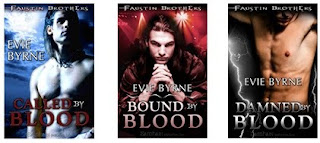

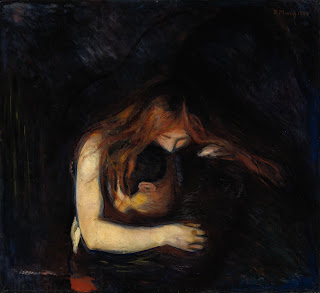

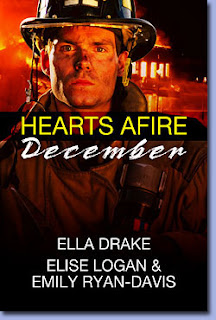

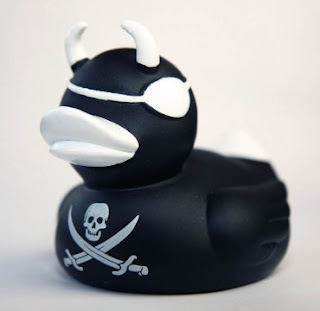







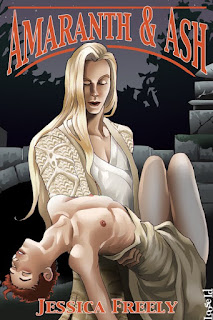



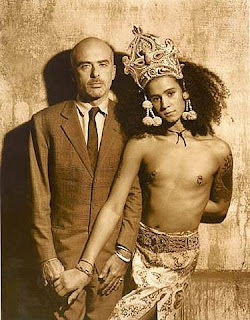


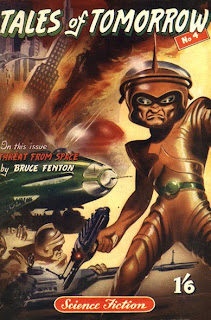

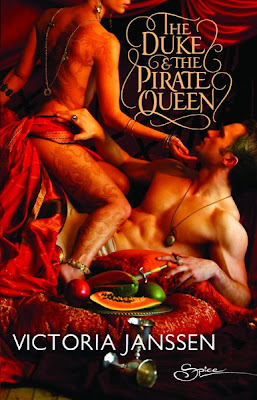



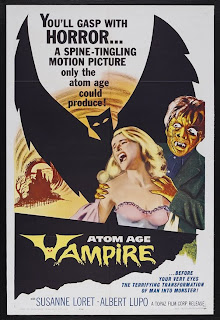
I've published three novels with Harlequin Spice: The Duke & The Pirate Queen; The Duchess, Her Maid, the Groom and Their Lover; and The Moonlight Mistress.
Find out more at victoriajanssen.com.
Contact me at victoriajanssen [at] yahoo [dot] com.
Victoria Janssen ne pourrait pas vivre sans livres, qu'elle dévore avec un insatiable appétit quand elle n'est pas elle-même en train d'en écrire: romances historiques, science-fiction et nouvelles érotiques, elle s'est essayée à tous les genres avec succès. Avec Leçons de plaisir, Victoria nous offre un superbe roman historique qui n'hésite à repousser les limites de l'érotisme.
Victoria Janssen hat bereits mehr als dreißig erotische Kurzgeschichten unter ihrem Pseudonym Elspeth Potter veröffentlicht. Soweit sie weiß, ist sie die einzige Autorin, die jemals eine Geschichte geschrieben hat, in der menschenfressende Schildkröten vorkommen. Die Herzogin, Ihre Zofe, Der Stallbursche Und Ihr Liebhaber, ist Victoria Janssens erster Roman. Wenn sie nicht schreibt oder liest, gibt sie Workshops über das Schreiben und Verkaufen von erotischer Literatur.
Victoria Janssen ci regala un esplosivo romanzo erotico che infrange ogni barriera della trasgressione. Sesso, intrigo e mistero sono i principali ingredienti di questa audace e insuperabile storia, che ci sfiora come la carezza sensuale di un amante e ci cattura come gli artigli di una lupa feroce.